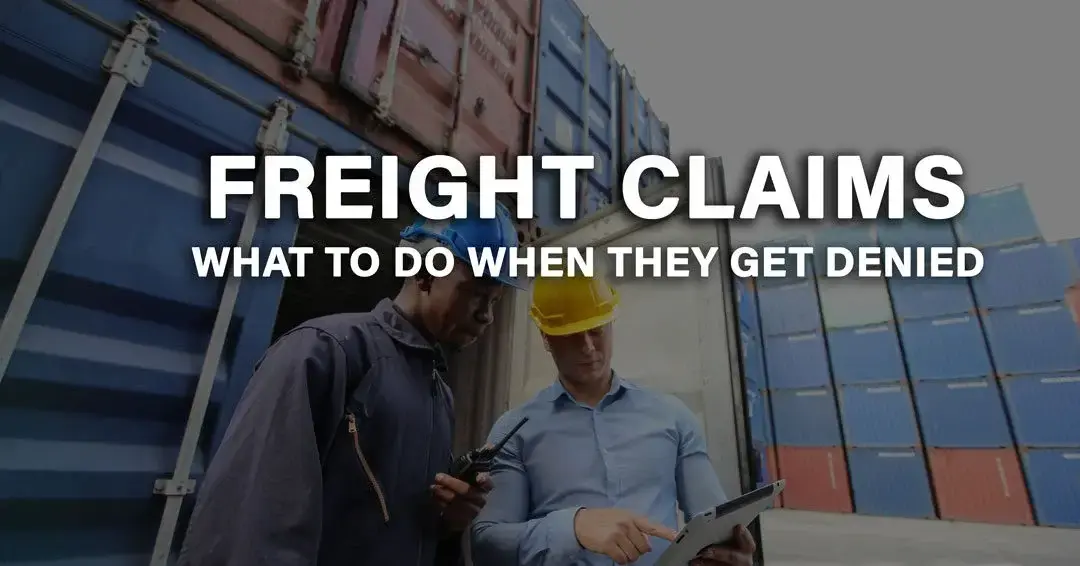
What happens when a critical part—say, a multi-ton transformer or a massive excavator piece—doesn't arrive exactly when it was supposed to?
For most businesses, it's an annoying delay. Maybe a warehouse shift gets rescheduled. For essential sectors like critical infrastructure, however, it's an operational and financial crisis.
If you're managing logistics for power grids, pipelines, essential heavy construction/mining equipment, or complex communications hubs, you know the reality: logistics failure doesn't just mean a schedule bump. It means downtime that can cost your business millions of dollars per hour or, worse, threaten public safety.
That's why standard, one-size-fits-all freight booking just doesn't work for critical industries like yours. You need a strategic approach known as Specialized Freight Management (SFM).
Specialized Freight Management (SFM) isn't just moving big or unusual cargo—it's about making sure costly, highly regulated shipments arrive safely and on time. With SFM, meeting deadlines and managing risks isn't optional—it's the standard.
The Financial Hammer: Why Standard Freight Doesn't Cut It
Delays in these industries are more than just a hassle—they can be extremely costly. For example, when a power plant shuts down for maintenance to swap out a turbine part, every minute it’s offline means lost money and lost service.
Studies often show that unplanned downtime in the energy sector can exceed $125,000 per hour in lost production and recovery costs.
For these businesses, handling logistics for critical infrastructure is a key part of risk management—not just another item on a checklist.
Let's look at a few examples of where standard logistics fall apart and where SFM becomes essential:
1. Energy & Utilities: The Problem of Outages
-
The Challenge: When you need to deliver key equipment—like large valves or transformers—for scheduled maintenance, or rush a part for an urgent repair, timing is critical. If these parts aren't onsite when needed, crews wait, costs go up, and downtime drags on.
-
The SFM Solution: A good SFM partner handles every step, from planning to delivery, so critical shipments arrive exactly when needed. This keeps your team working, avoids delays, and lowers extra costs from downtime.
2. Heavy Construction & Mining: Keeping Remote Sites Running
-
The Challenge: A huge haul truck or excavator breaks down at a remote mining site, stopping work completely. The right replacement part has to be found fast, sometimes from anywhere in the world, and delivered as quickly as possible. Shipping something as heavy as a ten-ton engine block takes special logistics—it's much more complicated than moving a box of spare bolts.
-
The SFM Solution: SFM moves urgent, high-value parts faster by using trusted carriers and premium logistics. This helps you get critical equipment back up and running sooner, often days ahead of regular freight options.
3. Oversize & Overweight (OOG) Challenges in Critical Sectors
-
The Challenge: Moving huge, custom parts—like generator housings or pressure vessels—counts as oversize or overweight freight. These loads need careful route planning and special permits that cover every state or country they pass through. Police escorts are often required. If a permit is missing, the truck has to stop until everything is sorted out..
-
The SFM Solution: SFM handles all the paperwork and legal steps up front. Permits are ready ahead of time, and every carrier is checked before shipping starts. This takes compliance off your team's plate so they can focus on getting the job done.
General Brokers Put Your Project at Risk
Choosing the cheapest general freight provider for a specialized shipment can put your critical project at risk. For high-value equipment, low cost rarely means safe or reliable delivery.
Here's what usually happens when standard freight companies handle specialized shipments:
The Brokerage Game of Telephone
Most general freight brokers don’t have the specialized teams or networks needed for SFM jobs. When you trust them with a critical shipment, they often hand it off to other carriers—sometimes more than once. Each handoff causes key problems:
-
Tracking gets lost: It becomes hard to know where your shipment is.
-
No clear responsibility: If issues come up, it's hard to know who's in charge.
-
Loss of expertise: The last driver may not know how to handle complex paperwork or equipment, which can cause expensive mistakes.
The Paperwork Problem
Standard carriers expect your team to handle all the tough compliance details. They often skip key checks, like:
-
Making sure insurance fully covers a specialized transformer
-
Confirming every required OOG permit is in place
-
Checking if all Hazmat or security rules are followed
If a permit is missing, your equipment can end up stuck on the roadside until offices open, causing major delays and putting all the paperwork and stress back on your team when it matters most.
Equipment Incompatibility
Moving a massive part takes more than a regular flatbed. You need special trailers—like double-drop, RGNs (Removable Goosenecks), or ones with air-ride suspension—to protect sensitive and valuable equipment. If you use a general broker, they might say they have the right tools, but their subcontractors often show up with the wrong trailer or a driver who isn't qualified. That puts your expensive shipment at serious risk of damage or accidents. For something worth millions, you can't take shortcuts on equipment or experience.
The Three Key Ways to Reduce Logistics Risk
To protect high-value projects, you need more than a basic freight broker—you need a true logistics partner. This kind of partnership is built on three key steps that help prevent costly risks in Specialized Freight Management.
Step 1: Compliance Planned in Advance
What sets Specialized Freight Management (SFM) apart from standard shipping is its focus on getting all permits and paperwork sorted out before anything moves.
With standard freight, problems with documents or permits are often only noticed after the shipment has left, which can cause long, expensive delays—especially for oversize or hazardous loads. SFM plans ahead by making sure all rules are followed, insurance is in place, and the required permits are secured well before shipping begins. This careful planning cuts down on surprises and helps keep critical shipments moving without costly stops.
Step 2: Trusted Carriers & the Right Equipment
If your logistics provider gives your specialized cargo to the cheapest carrier, you're taking an unnecessary risk.
Specialized Freight Management uses trusted, carefully checked carriers who know how to handle valuable, complex shipments. You get the right trailers—like air-ride flatbeds or double drops for special needs—and experienced drivers who understand the job.
Step 3: Project Visibility and Clear Communication
With big construction or turnaround projects, you can’t rely on a basic tracking link—you need to know exactly what's happening.
True SFM gives you one clear view of all the key parts coming in for your job. If any important item is delayed, you get notified right away, so you can quickly adjust plans. This real-time info helps you avoid bigger delays and keeps your project on track.
From Broker to True Logistics Partner
Picking the right logistics partner for critical shipments is a big decision. Delays or mistakes can cost your project both time and money. You need someone who puts your schedule and your investments first.
At Customodal, protecting your project is our top priority. We go beyond just booking trucks—we build a logistics plan that cuts risk and keeps everything on track, working directly with your team.
Don’t leave your valuable equipment to chance. Make sure your logistics partner gives you the confidence your project needs.





